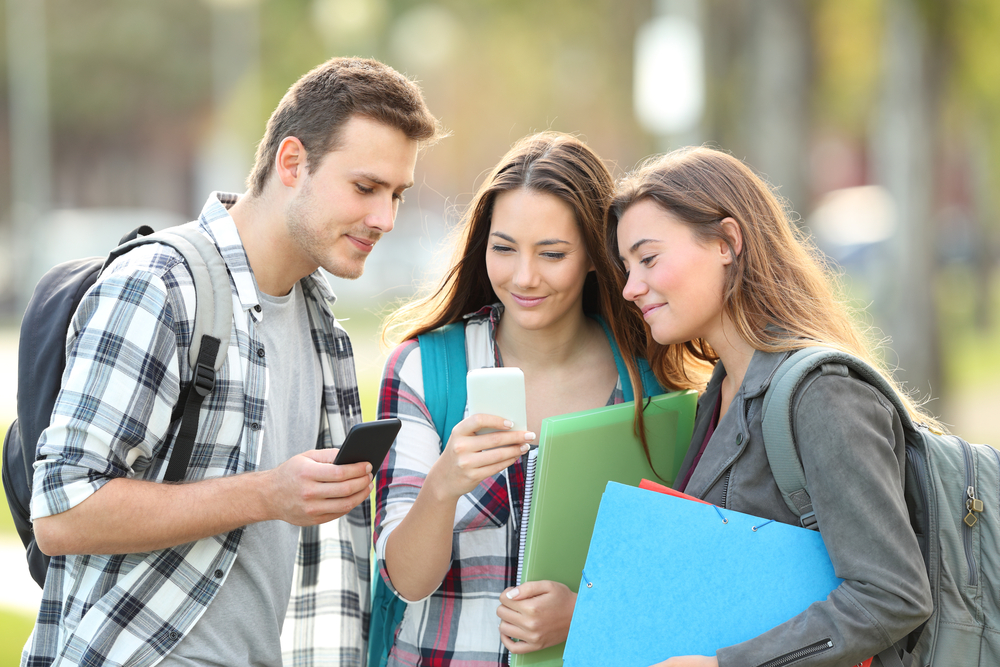With the incidence of new COVID-19 cases growing by the day, healthcare stakeholders are continuing to search for tools and medications to help stem the tide. We have seen the digital health community release a slew of new tools aiming to monitor the spread of the disease and facilitate better treatment. And it sounds as if there’s still more to come, as tech giants Facebook, Amazon and Google sat down with the World Health Organization (WHO) to talk about their role in combating the spread of disease, as well as misinformation.
As of this morning there were over 4.8 million laboratory-confirmed cases of the virus in the U.S. The medical community has rushed to search for solutions to the spread of the disease with a big push for vaccine and medicine research.
In lieu of a vaccine or therapy for COVID-19, the idea is to provide evidence-based guidance to businesses and schools that otherwise don’t know how to go about developing a return-to-work plan. In the absence of clear leadership here or clear guidance from the government, a lot of employers and educators feel like they’re having to play armchair epidemiologist — and very few employers or teachers are really positioned to do that.
Technology has a history of helping the medical industry track and treat viruses. Among more recent examples is flu tracking. In 2018 the US experienced a particularly severe flu season. During this time aggregated user data collected through Kinsa’s smart connected thermometers indicated illness spikes across the country.
Even more recently, a Scripps Research Translational Institute study published in The Lancet Digital Health found that resting-heart-rate and sleep-duration data collected from Fitbit devices could help inform timely and accurate models of population-level influenza trends.
And now, as schools grapple with how to safely reopen this fall, DrOwl is offering their groundbreaking new platform to schools for free. Neither students nor teachers are likely to return to school if they fear infection, so there needs to be some way to separate the sick from the. DrOwl’s technology is helping schools make their activities safer for staff, students, and guests, in the wake of the COVID-19 pandemic. Health screening and contact tracing are a large part of reducing the potential spread of COVID-19 in schools. DrOwl does both of these things.
“As a technology company, we are thrilled to use our skills and expertise to help during this crisis. We understand the importance of a solid screening process and that it is one of the things that is helping get us get back to school in a safe, well-thought manner,” said Arvind Raichur, CEO, and Co-Founder of DrOwl. “Our screening tool is a game-changer for schools, businesses, and so many other organizations throughout the world.”
The digital tools go far beyond the infrared thermometers and temperature checks that have dominated the conversation around safely reopening. The new wave of software products allows employers and schools to direct their workers and students to get a Covid-19 test, clear them to return to work or school, track their symptoms, and trace the contacts of anyone who tests positive for the coronavirus.
The rollouts are forcing digital health vendors and their customers to navigate a range of unprecedented legal, cultural, and financial questions. Among them: What kinds of surveillance can employers require their workers to submit to — and will employees actually use these tools? Just as 9/11 led to more invasive security in airports and other vulnerable spaces, most indications are the pandemic will lead to more pervasive health surveillance abetted by new digital tools.
Civil liberties experts say it is important for any virus-tracking of employees or students to be voluntary. Otherwise, by linking identification technologies like facial recognition to employees’ or students’ health status, businesses and schools could usher in an authoritarian, China-like system of surveillance and social control at workplaces and schools.
“We are accepting encroachments on privacy here that we would not normally accept,” said Jay Stanley, a senior policy analyst at the American Civil Liberties Union. “We need to be vigilant to make sure that they don’t outlast this crisis.” Four Republican senators said in May they would introduce a Covid-19 privacy bill to hold businesses accountable when they use people’s health information to fight the pandemic. Some of the reopening tools may raise questions about whether employers or schools are invading their workers’ or students’ privacy — and so digital health vendors pitching pandemic-related services are taking steps to try to steer clear of such concerns. As least for now, increased tracking and screening seem poised to become a fact of daily life for workers, students, and consumers.

